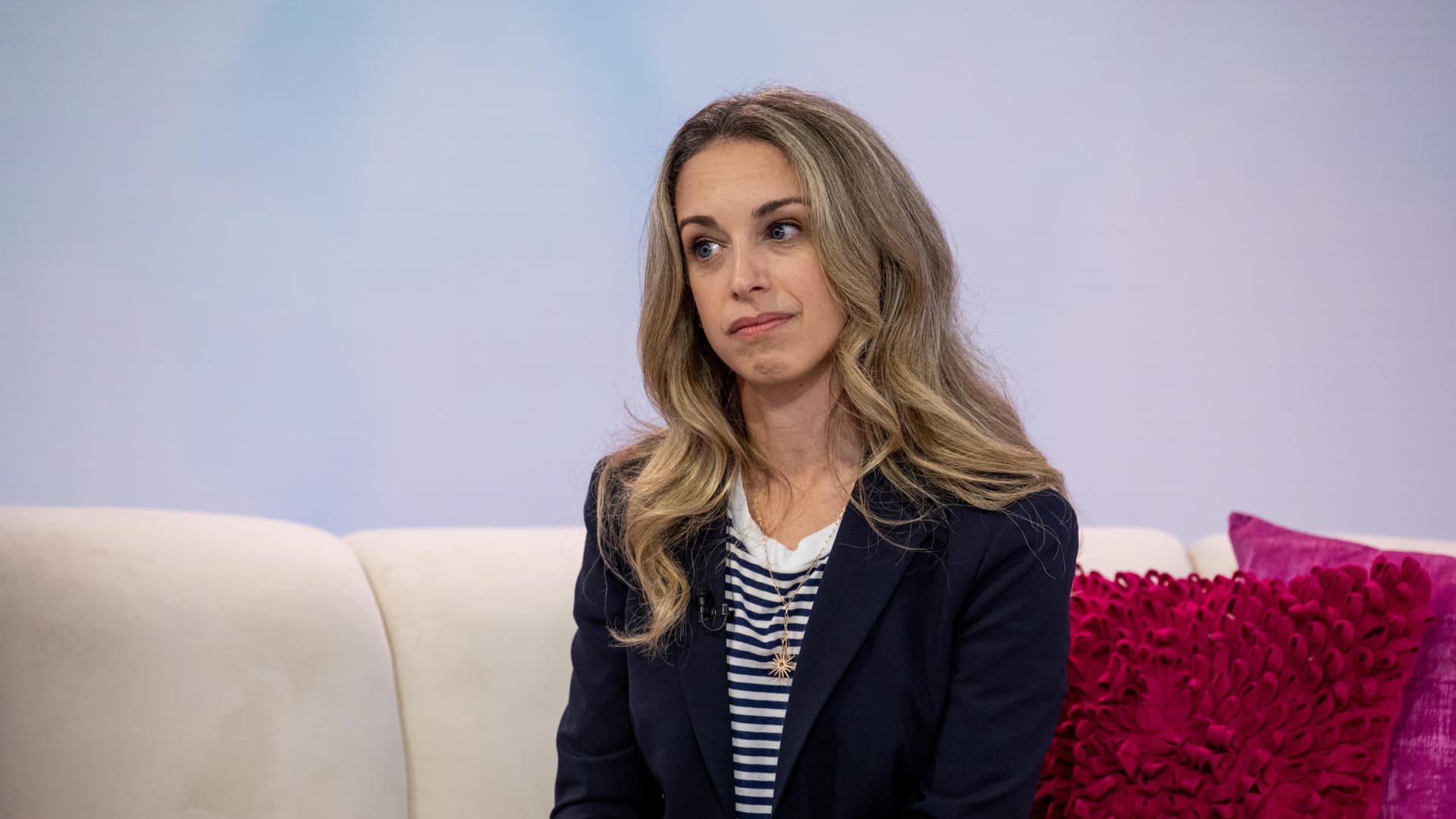Your child gets a good grade on a test. “Good job!” you respond. The scenario seems pretty straightforward — but those two words can backfire on you, says child psychologist Becky Kennedy.
If you don’t add a more specific form of praise onto the end, “good job” can be a “conversation ender,” Kennedy said on a podcast episode of “The Tim Ferriss Show” that aired last month. Ask follow-up questions to show your kid that your praise is sincere, and highlight the positive behavior that you want them to build on, she recommended.
The idea is to help build their confidence and prevent them from relying on external validation, helping them become more successful later in life, said Kennedy, who has a PhD in clinical psychology from Columbia University and hosts the “Good Inside” parenting podcast.
“In those moments, we want as parents to double down on building our kid’s confidence. That’s usually the goal we’re optimizing for,” said Kennedy,
To be clear, the phrase “good job” isn’t itself harmful, Kennedy said. But if your school-aged child brings home a research paper they’re proud of, asking specific questions and showing genuine interest is more likely to build their confidence, whether you say those two words or not, she noted.
A parent of three children herself, Kennedy admitted that the advice “sounds annoying at first … [But] anything that helps your kid share more about themself actually ends up feeling better to your kid.”
How specific praise helps kids become more confident and successful
Specific praise helps kids develop inner efficacy, which means they’ll believe in their own abilities and be more likely to challenge themselves in pursuit of their goals, developmental psychologist and author Aliza Pressman wrote for CNBC Make It last year.
Like Kennedy, Pressman agreed that parents don’t need to eliminate the phrase “good job” from their vocabularies completely — but it should always be followed by specific praise.
“When we say ‘Good job!’ it’s got to be sincere and specific. Tell kids when you recognize their real effort, persistence, creativity, independence, and competence,” Pressman wrote.
As for self-validation — learning how to validate oneself without waiting on generic praise from someone else — Kennedy considers it one of the most important core skills children need to learn to eventually succeed as adults, she said.
Kids who grow up relying on the outside world for validation can be “very empty and very fragile [and] very, very anxious,” Kennedy said. “What’s really helpful down the road is when you produce something — maybe it’s art, maybe it’s a [work] project — and being able to give yourself some estimation of that before others do is very helpful to your whole self-concept and protective of anxiety and depression.”
Want to up your AI skills and be more productive? Take CNBC’s new online course How to Use AI to Be More Successful at Work. Expert instructors will teach you how to get started, practical uses, tips for effective prompt-writing, and mistakes to avoid. Sign up now and use coupon code EARLYBIRD for an introductory discount of 30% off $67 (+ taxes and fees) through February 11, 2025.
Plus, sign up for CNBC Make It’s newsletter to get tips and tricks for success at work, with money and in life.






